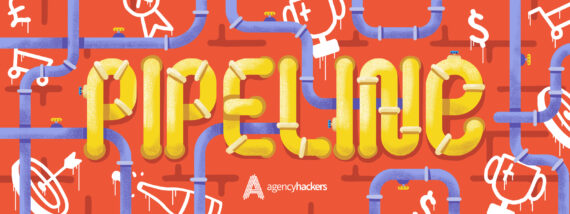By Catherine Dickinson, Associate Director, Healthcare, at The PHA Group
In today’s hyperconnected world, where information spreads at lightning speed and consumer trust hangs delicately in the balance, the role of PR has never been more critical.
In a sea of competing narratives, brands can sometimes find themselves navigating difficult waters when it comes to marketing and communications efforts, particularly if they have floated into the realm of sensationalised claims and – what people are currently coining – psychological pseudoscience.
Psychological pseudoscience, which is characterised by exaggerated or potentially unfounded claims and masquerading as scientific fact, poses a significant challenge for brands seeking to engage with their audience authentically.
- In fact, the two biggest industries which see more pseudoscience than most are the cosmetics and wellness industries, valued at £447 billion and £4.2 trillion respectively – so this is particularly true for the health and wellness market.
From wellness services promising “instant happiness” and products claiming they are “scientifically proven”, to productivity hacks based on dubious psychological principles, pseudoscience claims can be tempting for brands who are looking to cut through the noise and capture attention in a crowded market.
But consumers are starting to cotton onto this communication ‘tactic’ and, as a result, are taking it upon themselves to find out what is fact versus sensationalised fiction when it comes to the health and wellness brands they are buying into.
So, how can PR professionals guide brands through this hazardous landscape, ensuring that their messaging remains grounded in truth and integrity – whilst also keeping consumers engaged?
PRs can help to champion a commitment to truth and accuracy at every stage of the communication process
This means conducting rigorous research, scrutinising claims, and fact-checking assertions before they are shared with the public.
By serving as gatekeepers of information, PR professionals can help brands avoid the pitfalls of psychological pseudoscience and uphold their reputation as trusted sources of information.
PR professionals can encourage brands to be forthright about the limitations of their claims and the evidence supporting them
By being transparent about the scientific basis of their messaging, through communications efforts, brands can build trust with their audience and demonstrate a commitment to honesty and authenticity.
PRs can leverage their expertise in storytelling to craft narratives that resonate with consumers without resorting to pseudoscientific gimmicks
By highlighting real life examples, expert opinions, and genuine insights, brands can connect with their audience on a deeper level and establish themselves as thought leaders in their respective industries.
Crisis management is another area where PR professionals play a crucial role in helping brands navigate the complexities of psychological pseudoscience
In the event of a backlash or controversy stemming from misleading claims, PRs can act swiftly and decisively on behalf of brands to mitigate reputational damage and restore trust with consumers.
By owning up to mistakes, issuing corrections, and implementing safeguards to prevent future mishaps, brands can emerge from crises stronger and more resilient than before.
In summary, the role of PR has never been more vital in safeguarding the truth and guiding health and wellness brands through the muddy waters of psychological pseudoscience.
By helping brands to stay true to their values and embrace the principles of honesty and authenticity, we can help them to forge deeper connections with their audiences and inspire trust that stands the test of time.
Do you have agency news? Email [email protected]

Join 3,000+ agencies
Get the Agency Hackers Newsletter, and read candid stories from other agency leaders.
Upcoming events

Join 3,000+ agencies
Get the Agency Hackers Newsletter, and read candid stories from other agency leaders.







